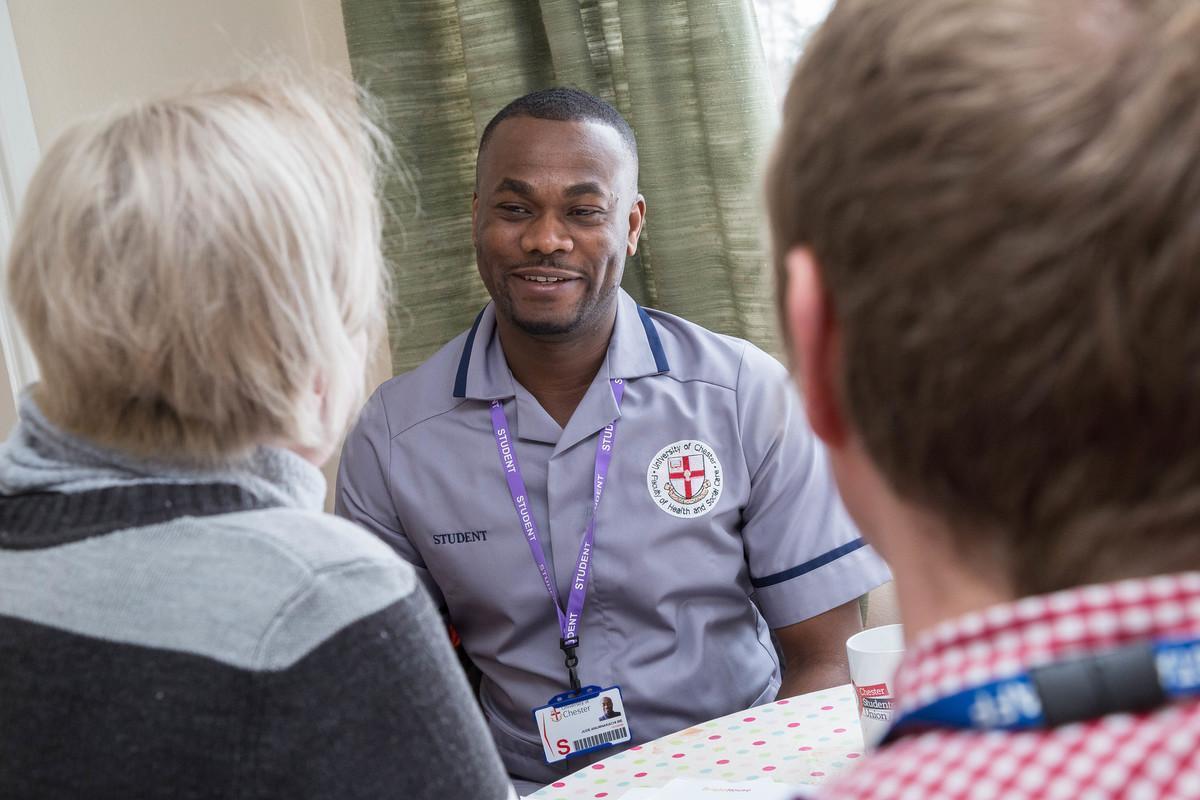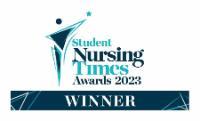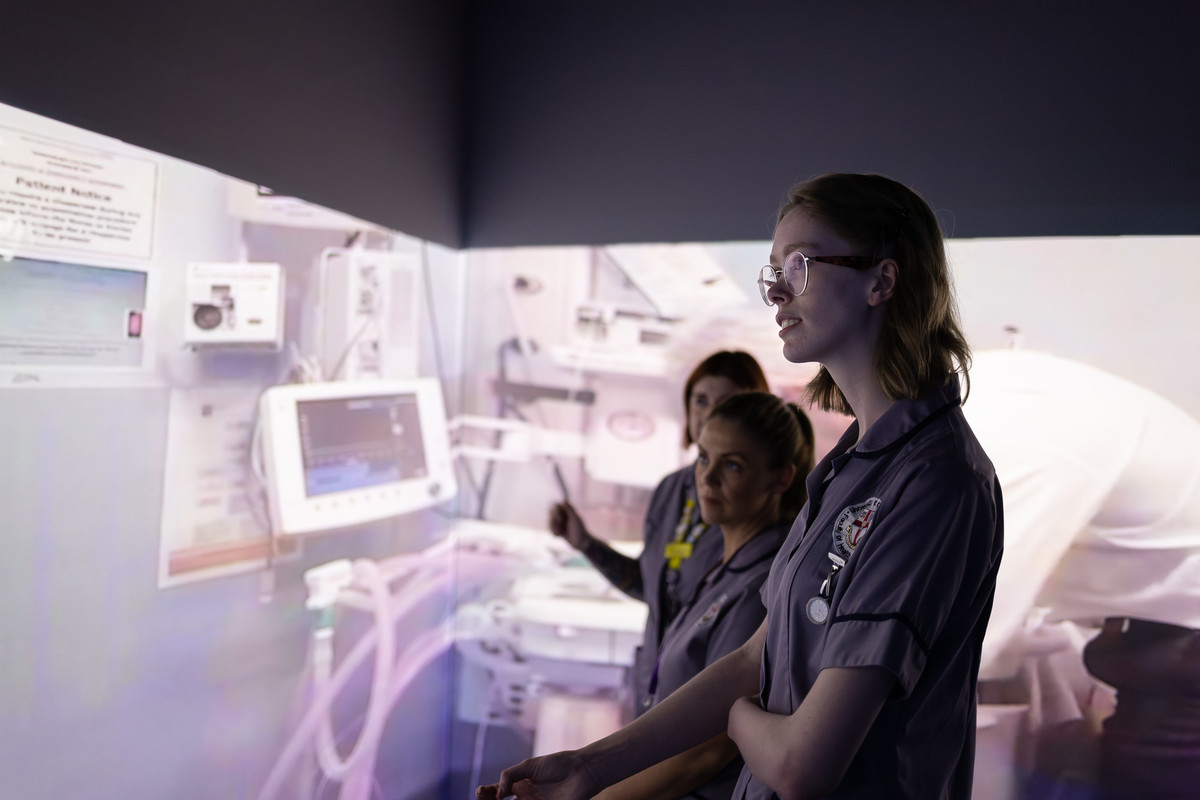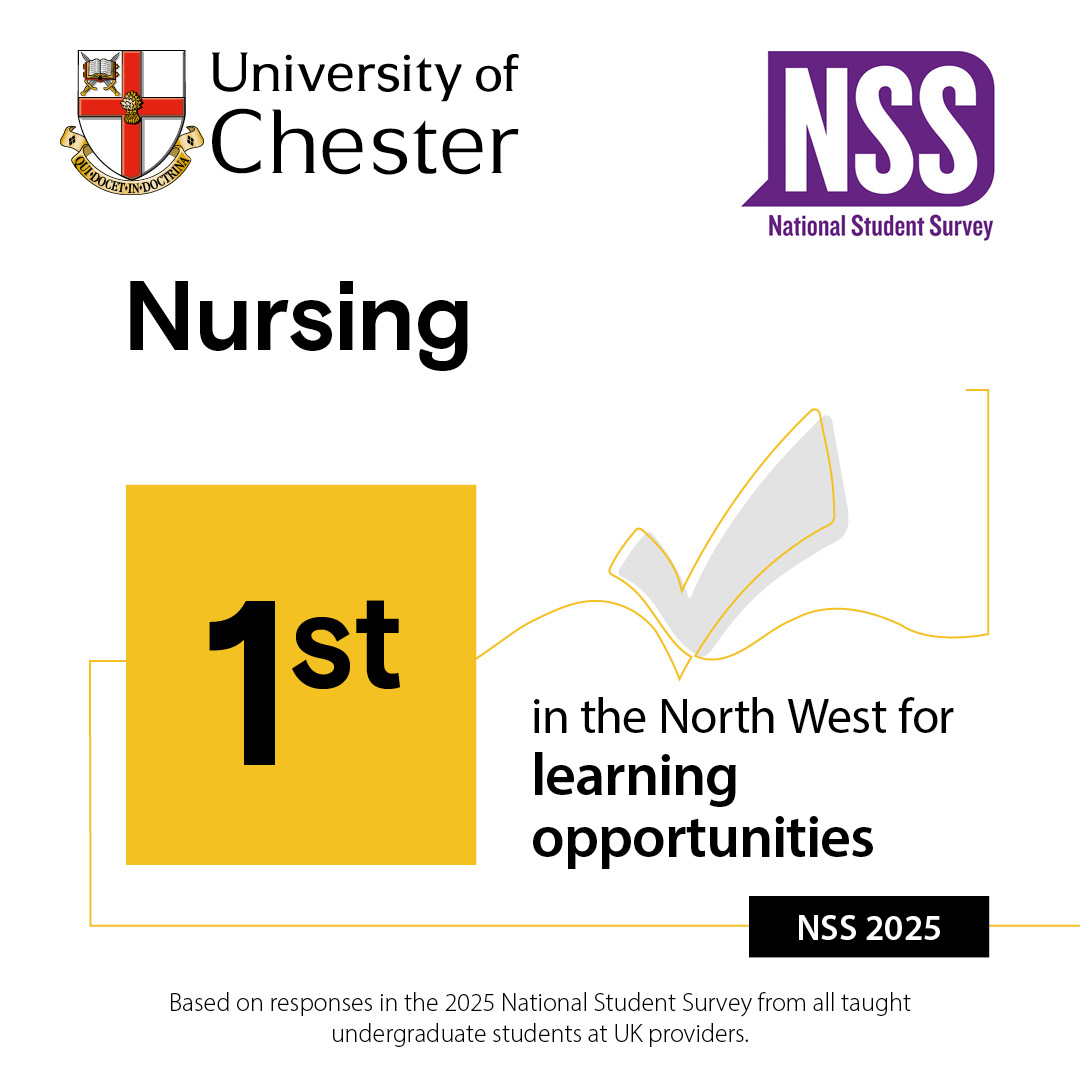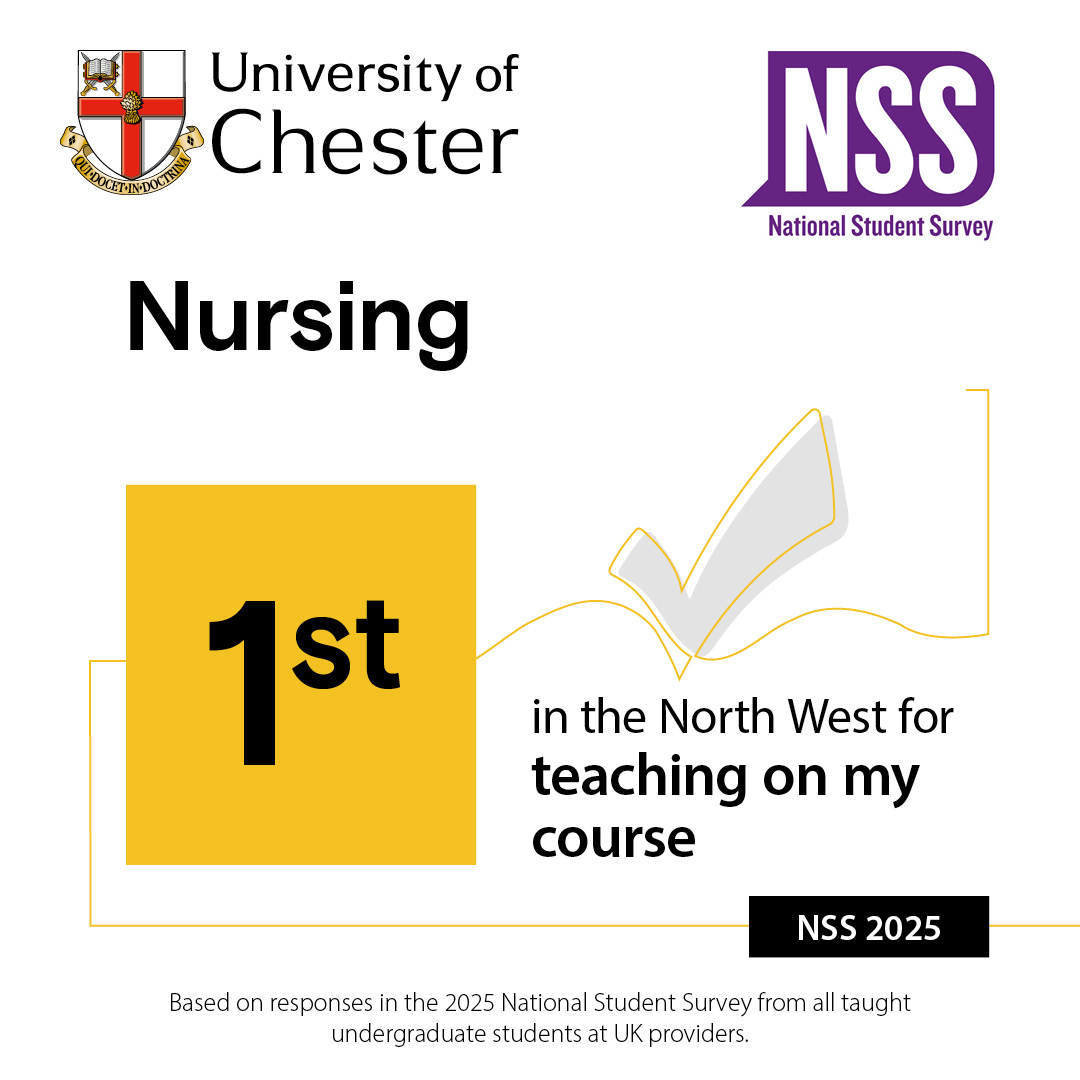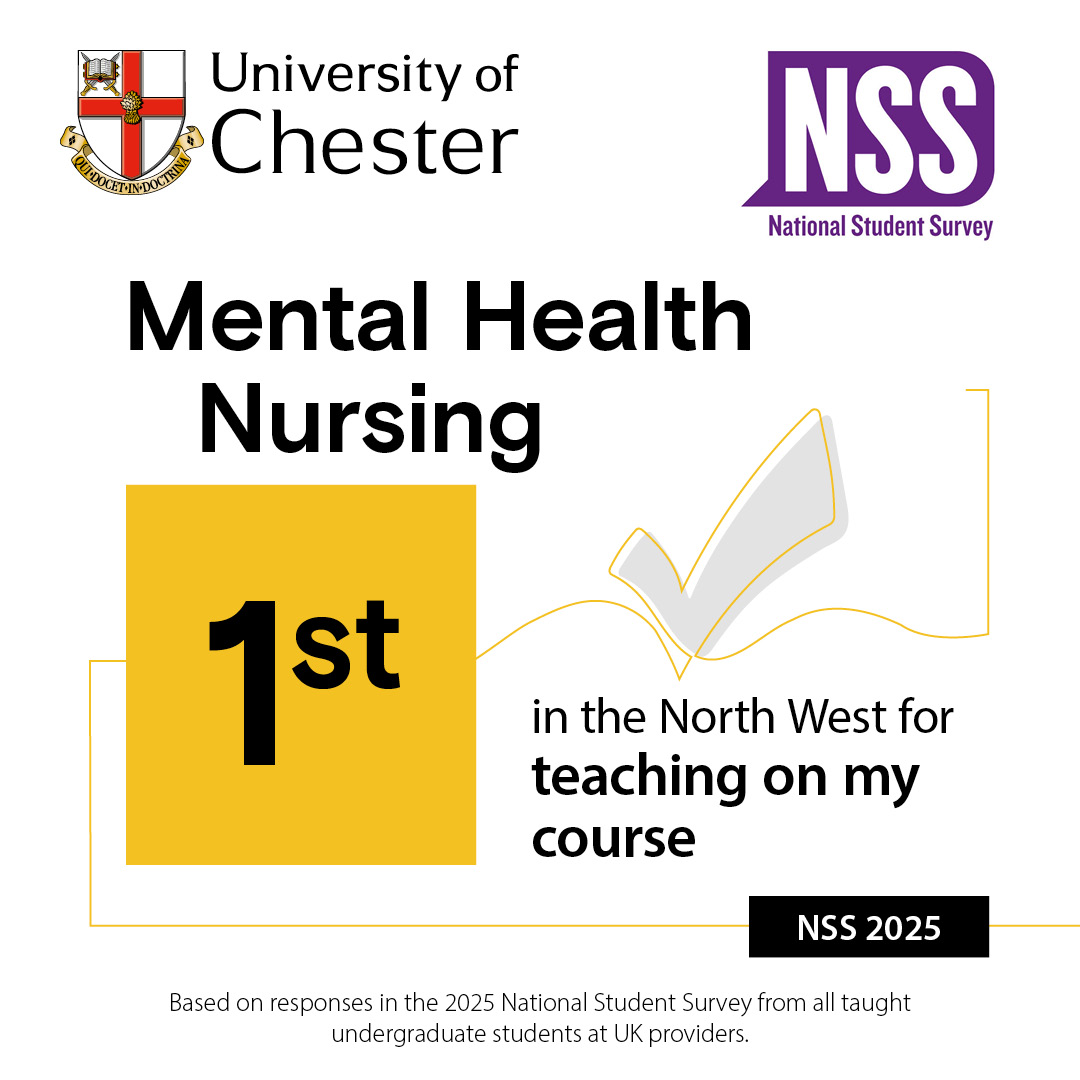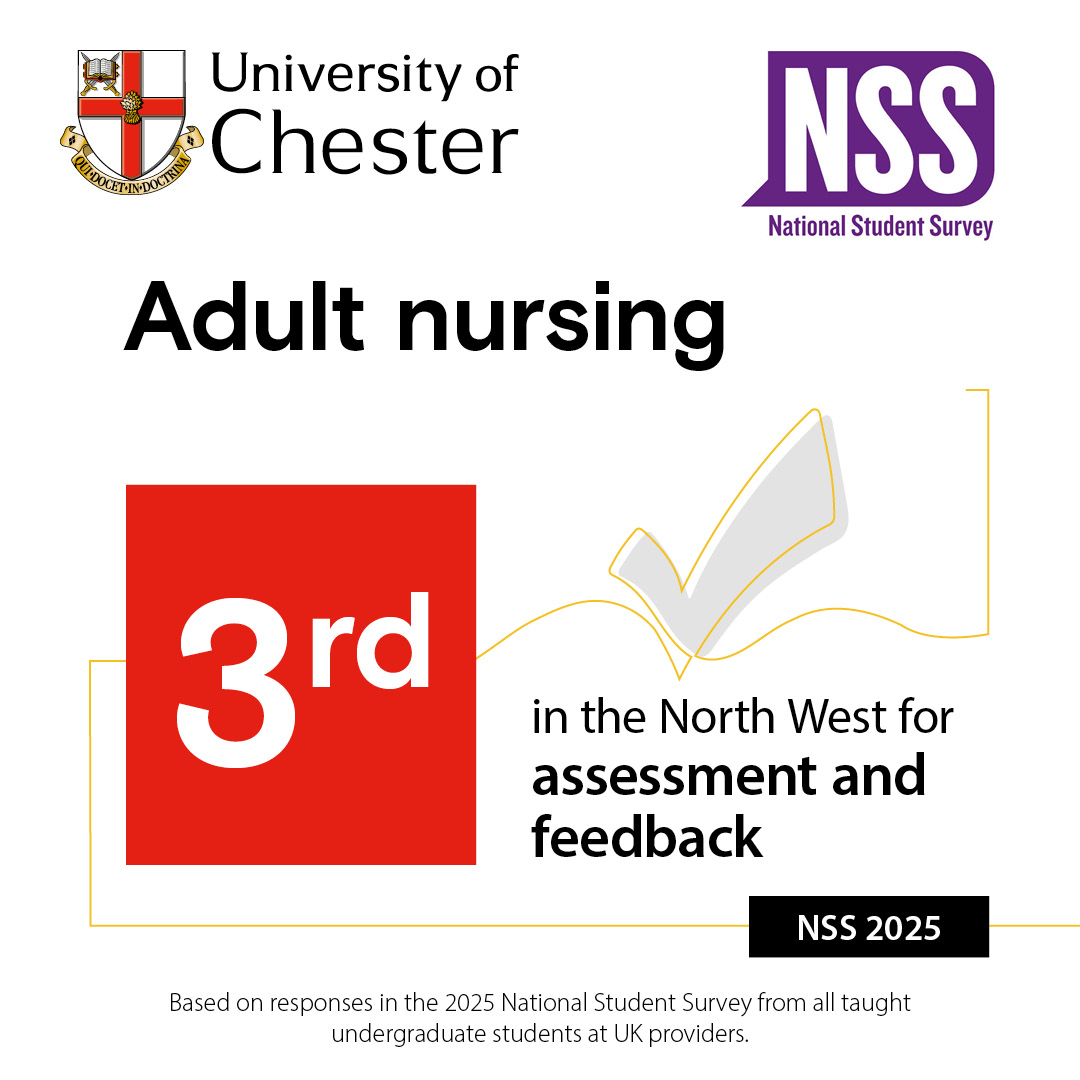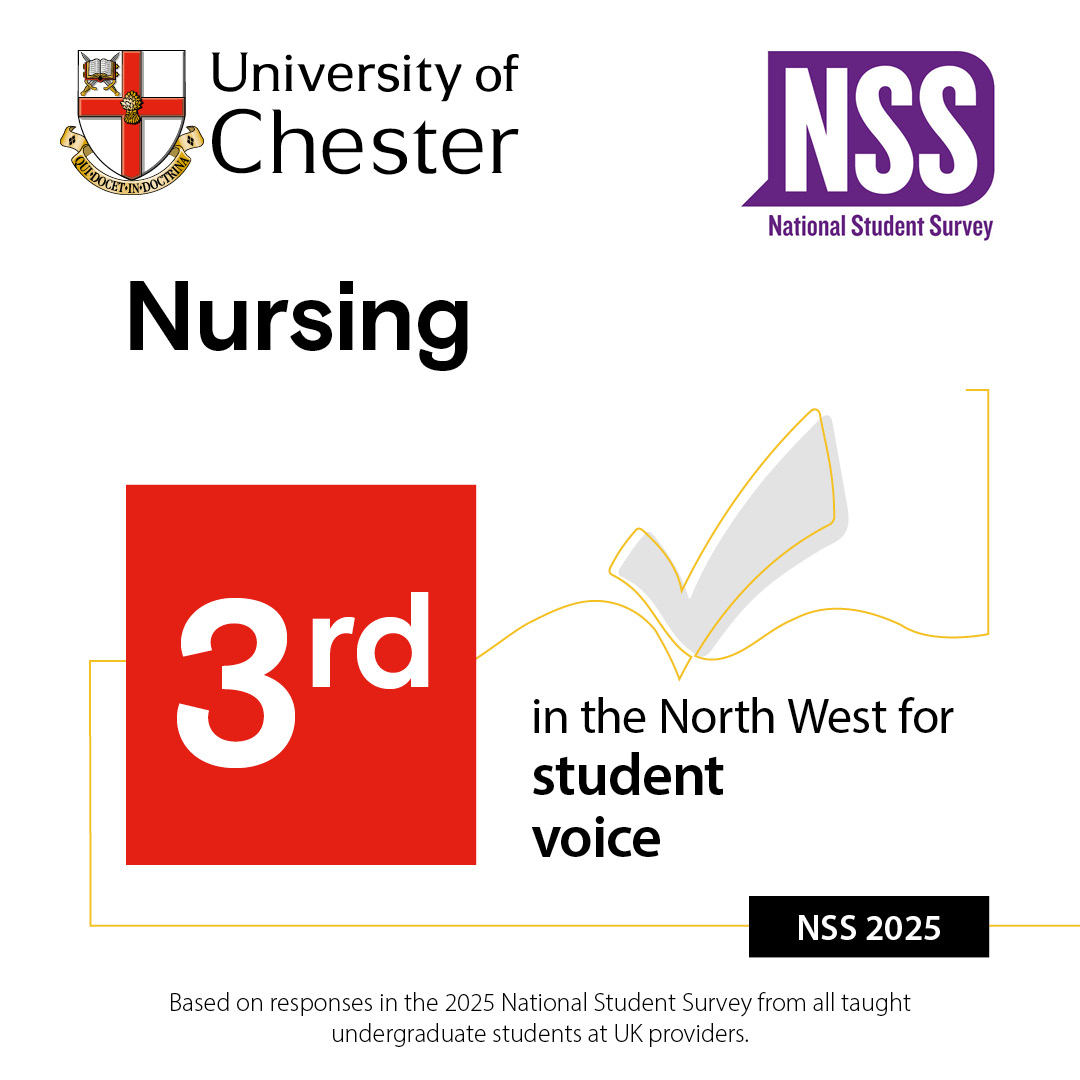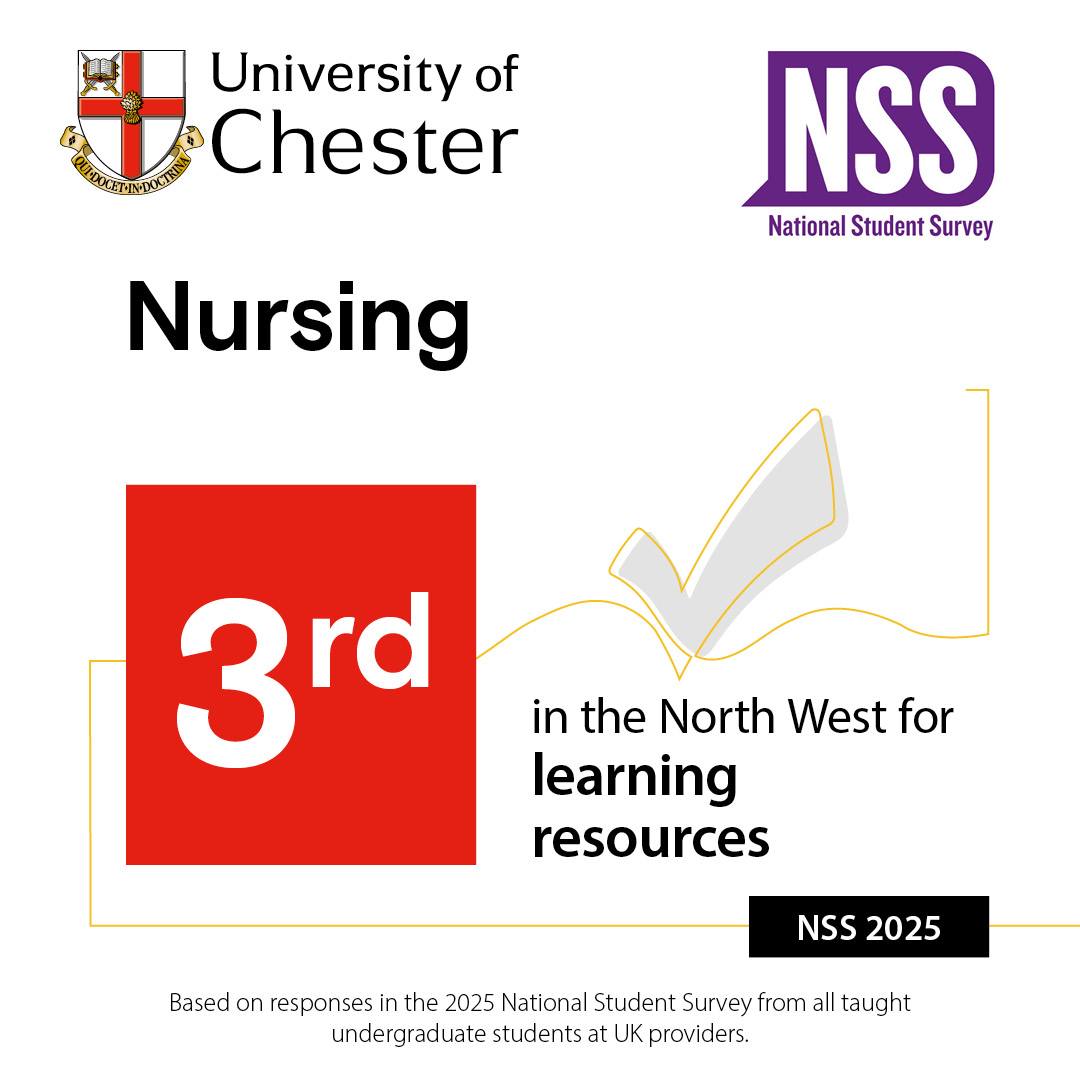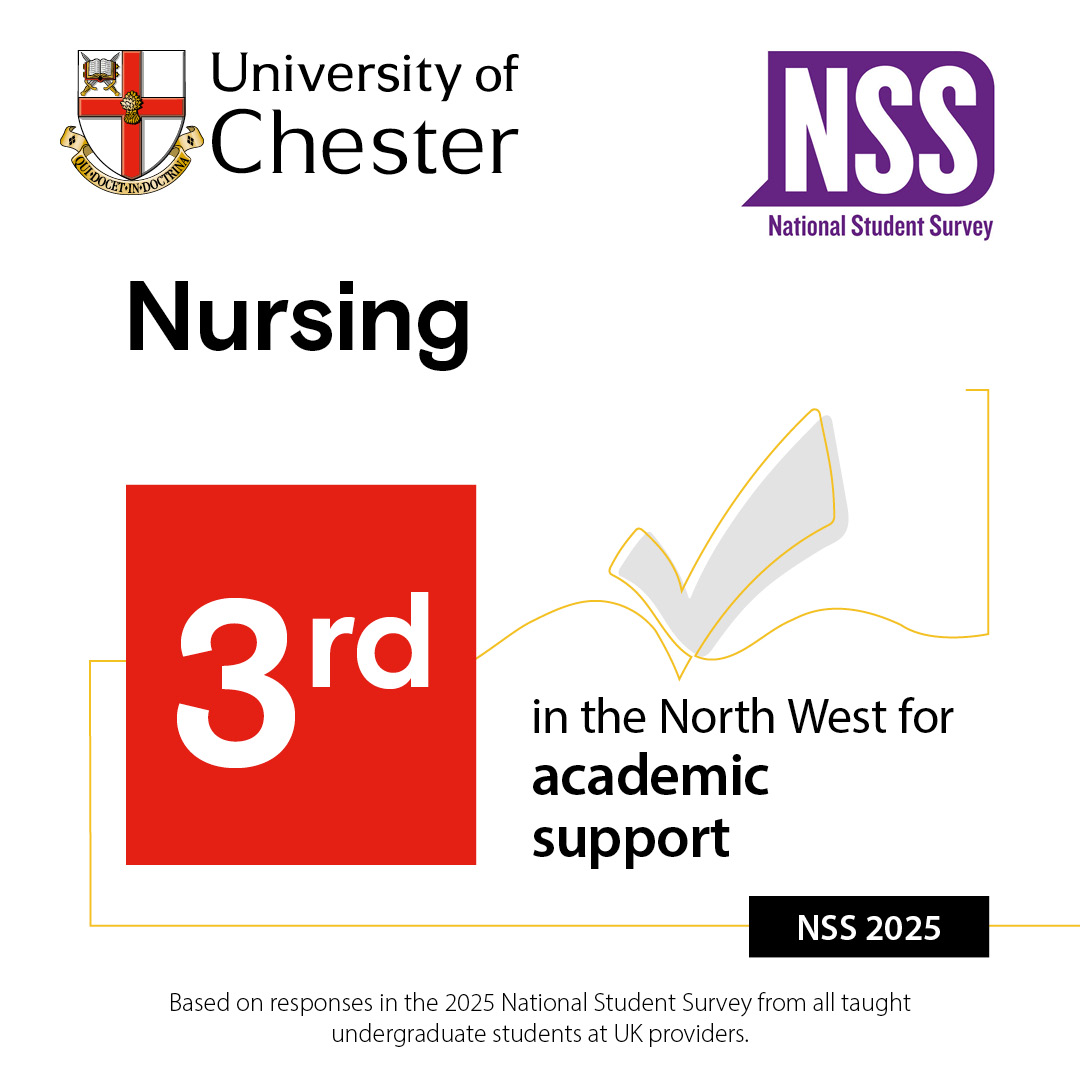104UCAS points
|
UCAS |
104 UCAS points |
|
GCE A Level |
Typical offer - BCC |
|
BTEC |
BTEC National Extended Diploma: DMM BTEC Diploma: D*D* |
|
T Level |
T Level (Health): Merit |
|
Irish / Scottish Highers |
Irish Highers: H3 H3 H3 H3 H4 Scottish Highers: BBBB |
|
International Baccalaureate |
26 points |
|
Access requirements |
Access to HE Diploma, to include 45 credits at Level 3, 30 of which must be at Merit or Distinction |
|
OCR |
OCR Extended Diploma: DMM |
|
Extra Information / General Entry Requirements |
Welsh Baccalaureate Advanced and A Level General Studies will be recognised in our offer. We will also consider a combination of A Levels and BTECs/OCRs. FETAC Level 5 (Major Award) with all eight subjects at Merit. Applicants must also have GCSE Grade 4/C or above in English and Maths or recognised Level 2 equivalent. Please note that applicants must also have evidence of recent study within the last five years. |
|
Safeguarding / Suitability |
All successful candidates who receive an offer of a place for this course and choose the University of Chester as their Firm choice will be required to undergo checks with regards to their suitability to practice. A couple of months prior to admission to this course, the University will contact you to request that you complete a self-declaration form detailing any relevant convictions or other information that you believe may have an impact upon your ability to undertake work with children or vulnerable adults. You will also receive instructions on how to complete an online application for a Disclosure and Barring Service (DBS) check through the University as a registered body – there will be a charge for this. Please note that the University does not accept previous DBS checks from other registered bodies or the update service. For details about the cost of the DBS and for further information please visit our DBS web pages. |
104UCAS points
|
UCAS |
104 UCAS points |
|
GCE A Level |
Typical offer - BCC |
|
BTEC |
BTEC National Extended Diploma: DMM; BTEC Diploma: D*D* |
|
T Level |
T Level Health - Merit |
|
Irish / Scottish Highers |
Irish Highers: H3 H3 H3 H3 H4 Scottish Highers: BBBB |
|
International Baccalaureate |
26 points |
|
Access requirements |
Access to HE Diploma, to include 45 credits at Level 3, 30 of which must be at Merit or Distinction |
|
OCR |
OCR Extended Diploma: DMM |
|
Extra Information / General Entry Requirements |
Welsh Baccalaureate Advanced and A Level General Studies will be recognised in our offer. We will also consider a combination of A Levels and BTECs/OCRs. FETAC Level 5 (Major Award) with all eight subjects at Merit. Applicants must also have GCSE Grade 4/C or above in English and Maths or recognised Level 2 equivalent. Please note that applicants must also have evidence of recent study within the last five years. |
|
Safeguarding / Suitability |
All successful candidates who receive an offer of a place for this course and choose the University of Chester as their Firm choice will be required to undergo checks about their suitability to practice. A couple of months before admission to this course, the University will contact you to request that you complete a self-declaration form detailing any relevant convictions or other information that you believe may have an impact on your ability to undertake work with children or vulnerable adults. You will also receive instructions on how to complete an online application for a Disclosure and Barring Service (DBS) check through the University as a registered body – there will be a charge for this. Please note that the University does not accept previous DBS checks from other registered bodies or the update service. For details about the cost of the DBS and further information please visit our DBS web pages. |
If you have an international qualification, please visit the relevant Country Page for more information
English Language Requirements
Please note, that applicants whose first language is not English must demonstrate they can meet the following English language criteria for this programme:
- IELTS 6.0 overall (with no less than 5.5 in each band)
- OET with 4 C grades
- Degree completed in the UK with a 2:2
72UCAS points
|
UCAS |
72 UCAS points |
|
GCE A Level |
72 UCAS points from GCE A Levels to include D in one subject |
|
BTEC |
BTEC National Extended Diploma: MMP BTEC Diploma: DM |
|
T Level |
T Level Health – Pass (D or E on the core) |
|
Irish / Scottish Highers |
Irish Highers: H4 H4 H4 H4 H4 Scottish Highers: CCDD |
|
International Baccalaureate |
24 points |
|
Access requirements |
Access to HE Diploma – Pass overall |
|
OCR |
OCR Extended Diploma: MMP |
|
Extra Information / General Entry Requirements |
Welsh Baccalaureate Advanced and A Level General Studies will be recognised in our offer. We will also consider a combination of A Levels and BTECs/OCRs. Applicants must also have GCSE Grade 4/C or above in English and Maths or recognised Level 2 equivalent. Please note that applicants must also have evidence of recent study within the last five years. |
|
Safeguarding /Suitability |
All successful candidates who receive an offer of a place for this course and choose the University of Chester as their Firm choice will be required to undergo checks with regards to their suitability to practice. A couple of months prior to admission to this course, the University will contact you to request that you complete a self-declaration form detailing any relevant convictions or other information that you believe may have an impact upon your ability to undertake work with children or vulnerable adults. You will also receive instructions on how to complete an online application for a Disclosure and Barring Service (DBS) check through the University as a registered body – there will be a charge for this. Please note that the University does not accept previous DBS checks from other registered bodies or the update service. For details about the cost of the DBS and for further information please visit our DBS web pages. |
